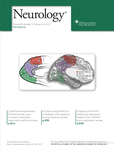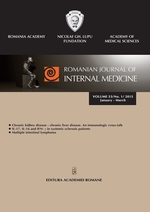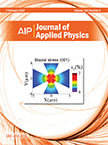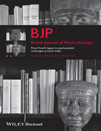
Although it’s the right thing to do, it’s never easy to admit error — particularly when you’re an extremely high-profile scientist whose work is being dissected publicly. So while it’s not a retraction, we thought this was worth noting: A Nobel Prize-winning researcher has admitted on a blog that he relied on weak studies in a chapter of his bestselling book.
The blog — by Ulrich Schimmack, Moritz Heene, and Kamini Kesavan — critiqued the citations included in a book by Daniel Kahneman, a psychologist whose research has illuminated our understanding of how humans form judgments and make decisions and earned him half of the 2002 Nobel Prize in Economics.
According to the Schimmack et al blog, Continue reading “I placed too much faith in underpowered studies:” Nobel Prize winner admits mistakes

 Neurology has partially retracted a 2016 paper, replacing a figure and removing the author who contributed it
Neurology has partially retracted a 2016 paper, replacing a figure and removing the author who contributed it 


 A researcher in Greece has issued extensive — what we sometimes call “
A researcher in Greece has issued extensive — what we sometimes call “ After an international group of physicists agreed that the findings of their 2015 paper were in doubt, they simply couldn’t agree on how to explain what went wrong. Apparently tired of waiting, the journal retracted the paper anyway.
After an international group of physicists agreed that the findings of their 2015 paper were in doubt, they simply couldn’t agree on how to explain what went wrong. Apparently tired of waiting, the journal retracted the paper anyway. The notices keep coming for diabetes researcher
The notices keep coming for diabetes researcher  A psychoanalyst has retracted an award-winning 2016 paper over concerns that it contained “sensitive” patient information.
A psychoanalyst has retracted an award-winning 2016 paper over concerns that it contained “sensitive” patient information.